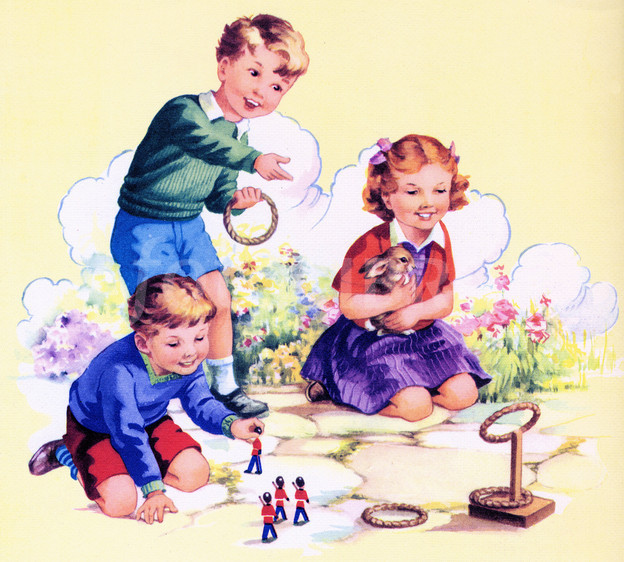Stamp: Mdako (Tanzania 1988)
Mdako (Tanzania 1988)
15 February (Tanzania ) within release Traditional games goes into circulation Stamp Mdako face value 2 Tanzanian shilling
| Stamp Mdako in catalogues | |
|---|---|
| Michel: | Mi:TZ 417 |
| Stamp Number: | Sn:TZ 390 |
Stamp is horizontal format.
Also in the issue Traditional games:
- Stamp - Mdako face value 2;
- Stamp - Mieleka face value 3;
- Stamp - Bull fight face value 8;
- Stamp - Bao face value 20;
- Stamp - Kulenga shabah face value 30;
- Souvenir Sheet - Kulenga shabah face value 30;
Stamp Mdako it reflects the thematic directions:
Folklore is the body of expressive culture shared by a particular group of people; it encompasses the traditions common to that culture, subculture or group. These include oral traditions such as tales, proverbs and jokes. They include material culture, ranging from traditional building styles to handmade toys common to the group. Folklore also includes customary lore, the forms and rituals of celebrations such as Christmas and weddings, folk dances and initiation rites. Each one of these, either singly or in combination, is considered a folklore artifact. Just as essential as the form, folklore also encompasses the transmission of these artifacts from one region to another or from one generation to the next. For folklore is not taught in a formal school curriculum or studied in the fine arts. Instead these traditions are passed along informally from one individual to another either through verbal instruction or demonstration. The academic study of folklore is called folkloristics.
Biologically, a child (plural: children) is a human being between the stages of birth and puberty. The legal definition of child generally refers to a minor, otherwise known as a person younger than the age of majority. Child may also describe a relationship with a parent (such as sons and daughters of any age) or, metaphorically, an authority figure, or signify group membership in a clan, tribe, or religion; it can also signify being strongly affected by a specific time, place, or circumstance, as in "a child of nature" or "a child of the Sixties". There are many social issues that affect children, such as childhood education, bullying, child poverty, dysfunctional families, child labor, hunger, and child homelessness. Children can be raised by parents, by fosterers, guardians or partially raised in a day care center.
Play is a range of intrinsically motivated activities done for recreational pleasure and enjoyment. Play is commonly associated with children and juvenile-level activities, but may be engaged in at any life stage, and among other higher-functioning animals as well, most notably mammals and birds.



